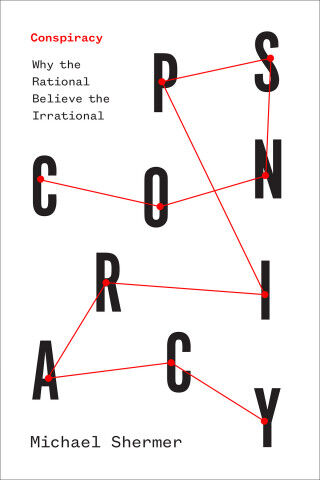Opinion | Virginia learned the hard way that lower standards don’t benefit students – The Washington Post


“Virginia’s retreat from academic rigor.” That was the online headline on an editorial we wrote in 2017 decrying how officials were moving away from the high standards and accountability that long had been a tradition of public education in the commonwealth. Among the troubling moves: jettisoning of critical tests, adoption of test score standards to make it easier for students to pass and weakening of regulations for schools. Officials, alas, paid no heed to concerns about the consequences of lowering standards and expectations. Now, we get to say we told you so.
State education officials last week issued a damning report that documented a years-long trend of declining student performance and glaring racial, ethnic and income achievement gaps that have been hidden from public view. Chock-full of data, it cited significant drops in reading scores for both fourth- and eighth-grade students on the most recent National Assessment of Educational Progress administered in 2019, revealing the wide gaps in how students perform on state reading and math assessments compared with the grade-level benchmarks on the federal assessment. The report also noted the literary deficiencies in which 42 percent of second-graders scored below a key reading benchmark. Additionally, 45 percent of public high school seniors in 2019 — including 76 percent of Black and 54 percent of Hispanic seniors — were not college-ready in math on the SAT. Virginia has fallen from third to ninth in the nation in students earning college credit on AP exams.
No question, as the report acknowledged, the pandemic has had a devastating effect on student learning, but the declines started well before covid-19 hit. The report had been requested by Gov. Glenn Youngkin (R) in his first executive order, and it immediately got caught up in the political rancor that has raged in Richmond since Mr. Youngkin took office. Democrats and their allies in the teachers union hit back, accusing the report of cherry-picking and manipulating data. Never mind that it draws from every valid state and national measure of student performance. Andrew Rotherham, a former member of the Virginia Board of Education appointed by Democratic Gov. Mark R. Warner and co-founder of a well-regarded nonprofit educational consulting organization, called the report “pretty comprehensive” and the problems outlined in it as “real.”
One line of attack against the report seemed to be that it doesn’t really matter that so few eighth-graders (33 percent) and fourth-graders (38 percent) are proficient in reading on the Nation’s Report Card because that scoring is good enough. Virginia once prided itself on asking more of its students than what was minimally required by the federal government, and this report should be a call to action for meaningful reform. Much depends upon Mr. Youngkin. Instead of using this issue as a cudgel against Democrats, he needs to seek bipartisan support for addressing problems that, despite the report’s overemphasis on the four years of the last Democratic administration, date back 15 years. In the coming months, he will have the opportunity to appoint five of the nine members on the state board of education. Whom he names will speak volumes about whether he wants to score political points or find real solutions that will help Virginia students.



